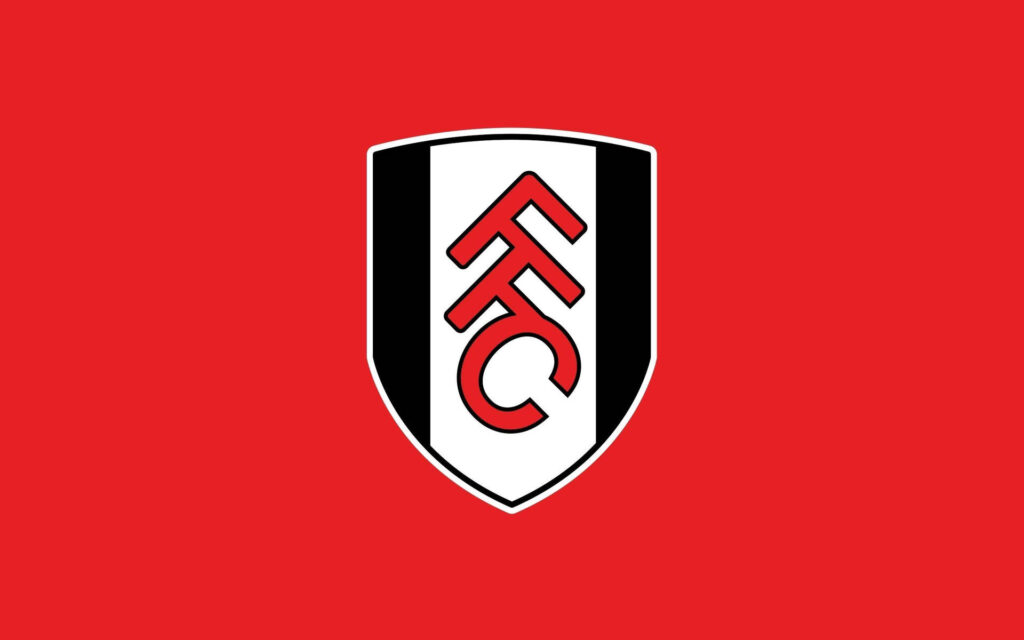FC Fulham A Brief History

FC Fulham
FC Fulham, a name synonymous with passion and dedication in the world of football, has carved out an impressive legacy since its inception. This article delves into the rich history of FC Fulham, exploring its key players, achievements, rivalries, and what makes the club a beloved entity among fans .jun88.
FC Fulham A Brief History
The story of FC Fulham begins in 1879, making it the oldest professional football club in London. From modest beginnings as Fulham St. Andrew’s Church Sunday School team, it quickly transitioned into a football club that would see many ups and downs throughout its long history.
Early Beginnings and Foundation
Fulham’s journey to becoming a professional football club started when, after several years of local play, it officially adopted the name Fulham Football Club in 1888. Initially competing in local leagues, it joined the Southern League, showcasing local talent and drawing crowds from the surrounding community.
With a reputation for developing young talent, FC Fulham caught the attention of larger organizations. In 1907, they gained Football League status, which marked a significant step forward in establishing their identity within English football. Their first season in the league ended favorably, reinforcing their ability to compete at higher levels.
The Interwar Years
The interwar period saw FC Fulham fluctuating between different divisions. While they spent time battling relegation, they also enjoyed moments of success, including reaching the FA Cup semi-finals in 1926. This era set the foundation for the club’s future ambitions and demonstrated resilience during challenging times.
In 1935, under the management of Jack Peart, Fulham achieved its highest-ever finish in the top tier of English football, placing third in the First Division. This achievement brought newfound hope and excitement to both the club and its supporters.
Post-war Development
The aftermath of World War II introduced new challenges, but FC Fulham adapted quickly. With the introduction of famous players like Johnny Haynes—who later became the club’s first £100-per-week player—Fulham began building a reputation for playing attractive football. The late 1950s and early 1960s saw them enjoy considerable success, including a memorable run in the FA Cup and participation in European competitions.




